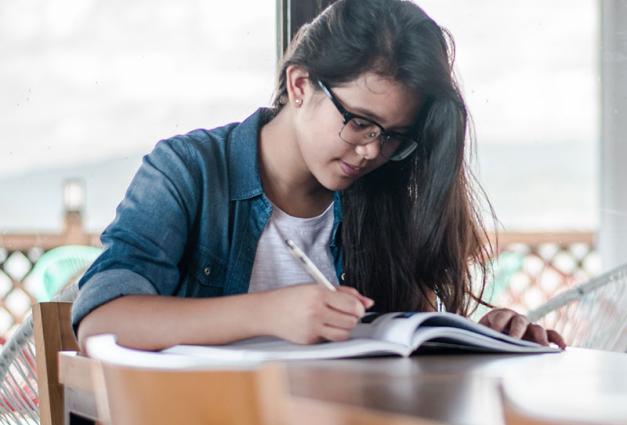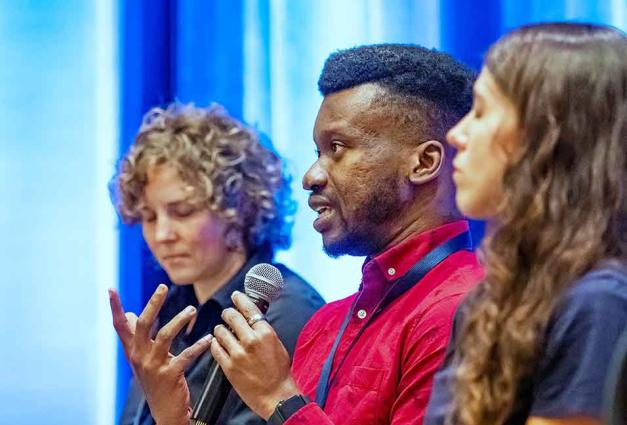#SPSP2018 may have ended, but new collaborations are just beginning! This month, Dr. Sarah Gaither, an assistant professor in the Department of Psychology & Neuroscience at Duke University, shares her experiences meeting and working with collaborators she met at this year’s convention and conventions in the past.
Dr. Gaither’s research focuses broadly on how a person’s social identities and experiences across the lifespan motivate their social perceptions and behaviors in diverse settings. More specifically, she studies how contact with diverse others shapes social interactions, how having multiple racial or multiple social identities affects different types of social behavior and categorizations of others, and what contexts shape the development of racial perceptions and biases from childhood through adulthood. In researching specialized populations, Dr. Gaither has learned to seek out collaboration opportunities with others who share similar research interests.
How did find like-minded collaborators at your first convention?
At my first few SPSP conventions, I spent a lot of time going through the program in advance and finding poster presenters on topics that overlapped with my interests. I didn't know a lot of people at the conventions I attended when I first started graduate school, so I was motivated to try and make some new connections. Fortunately, I was able to meet some great researchers at those poster presentations with whom I still collaborate today. In fact, just the other day, a publication that I collaborated on with a colleague that I met at my very first SPSP was accepted! (Chen, E., Corriveau, K., Lai, V., Long Poon, K., Gaither, S.E., & Ngai, L. (2018). Learning and socializing preferences in Hong Kong Chinese children)
Once you find collaborators, how do you go about establishing common research interests?
I was nervous during my first few conventions when trying to introduce myself to people, but I found the poster sessions a much easier environment in which to approach people whose research overlapped with mine. People spend all of that time preparing their poster presentations, and having done one myself, I knew how excited I felt when people came to learn about my own work. So I decided to take that same approach -- during the poster sessions I found those researchers who shared my interests and simply introduced myself to them. And the conversations naturally took off from there!
What are the distinguishing factors that lead to a collaboration versus those that don't?
I have both collaborators and mentors (or advisers), and they each play important roles for me and my career. Collaborators are those people who study similar issues and perhaps recruit similar populations or use similar methods to me. Collaborators for me are people who help push our research forward. You can collect, analyze, and write up data faster with a collaborator, and I think research overall is more interesting when additional perspectives are brought in. My advisers and mentors are usually more senior, and they provide me with the insight and expertise into our field as a whole. Without them, I definitely would not be as successful as I am today since they have prepared me on how to navigate academia.
How do you maintain connections with potential collaborators, especially those who live far away?
I have collaborators across the United States, in Canada, and now in Taiwan and Hong Kong, too. Email, Skype, Google Hangouts, and even FaceTime have all helped immensely with maintaining these collaborations. Dropbox, Google Drive, and other cloud services have made it very easy to share research files, participant data, etc. You do need to have the motivation to maintain these relationships more so than people you see face-to-face, but my motivation was always to be creating the best science I could. However, it is important to make sure these collaborations are not one-sided. If you end up doing all of the work yourself, then the collaboration was not worth it.
Are there any valuable research lessons you've learned from collaborating with others?
Collaboration for me is something that makes social psychology exciting. Having collaborators keeps me on my toes, helps me maintain new perspectives and approaches to research, and makes conventions like SPSP’s feel smaller and more inclusive.




